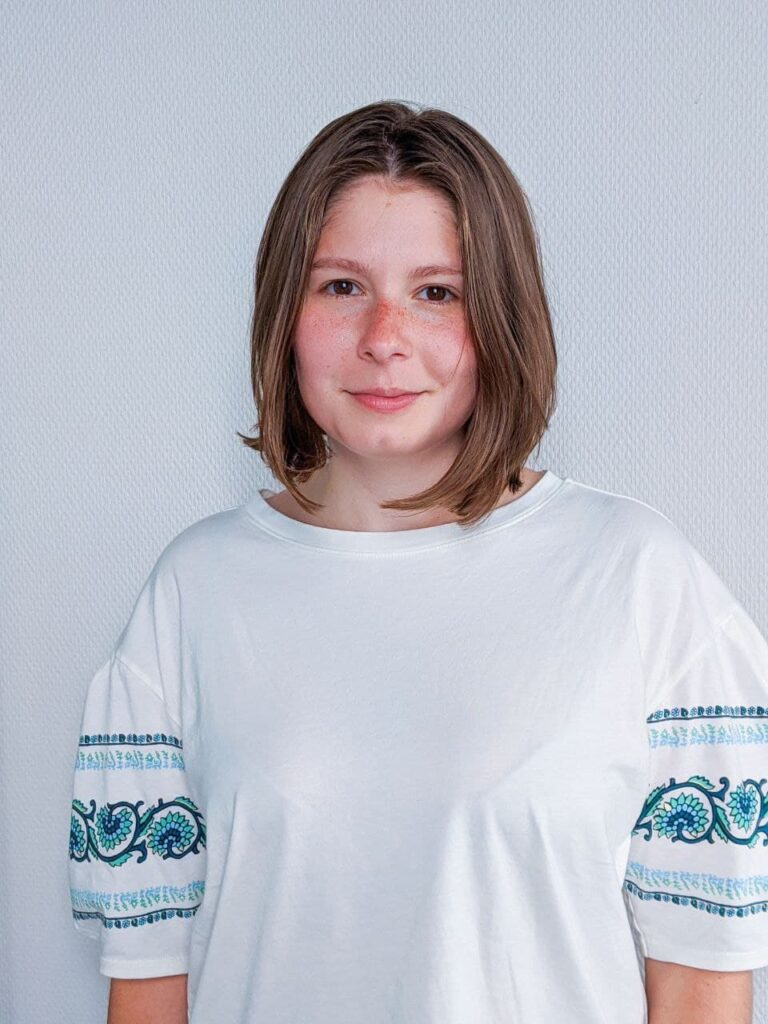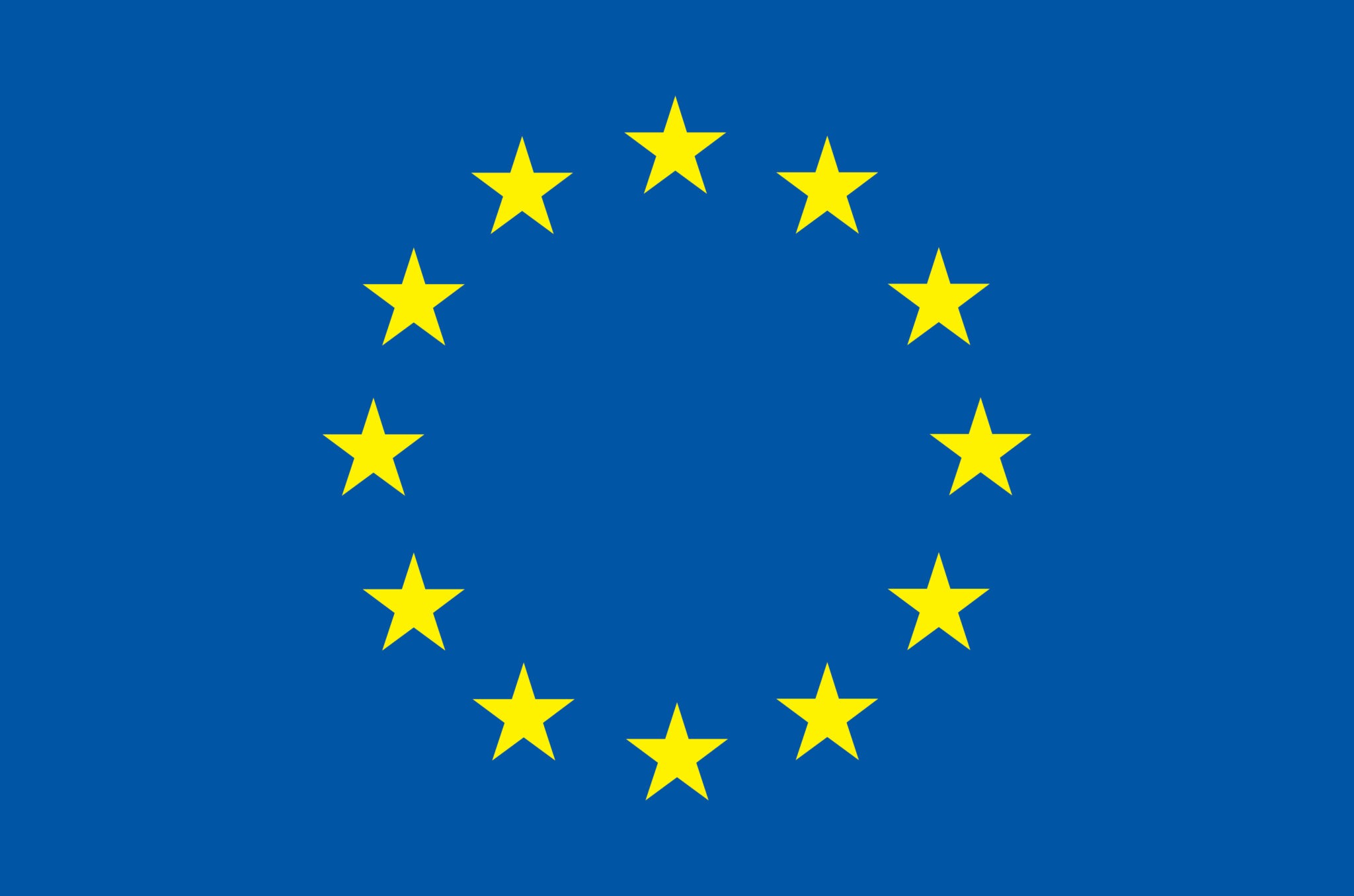Interview with Ekaterina Bocharova (ESR 4)
What has your research project focused on?
The focus of my project was on chronological ageing and physicochemical characteristics of contents of stomach and duodenum. I analysed if the parameters, e.g. acidity, of upper gastrointestinal contents are different in older adults compared to young adults. This is important for absorption of drugs and how fast and efficient they work.
How do the results of your project impact the future of drug absorption in geriatric patients and older people?

The results of my project are of great importance for drug developers, both in academia and industry. They will help to guide formulation development for older people, thus contributing to patient-centric healthcare.
What were the surprises and highlights of your road to a PhD?
The greatest highlight of my PhD was my work at the hospital. I had a chance to get to know older people better, their struggles and hopes, and this really motivated me and gave purpose to my work.
How did the AGePOP network impact your PhD experience?
I particularly enjoyed the fact that 11 motivated and talented early stage researchers worked towards a common goal, to make drug products better for a vulnerable population of older adults.
How was your MSCA ITN training different to local PhD programmes? Which training was particularly useful for you?
I believe AGePOP greatly contributed to my hard and soft skills. I had access to training from the best-in-the-field researchers and professionals. I am now more capable not only in lab work and computational modelling but also in project management, scientific communication and project management. These transferable skills are highly valuable, and I am happy I had an opportunity to improve them so early in my career.
What are your plans for the future?
I am looking for opportunities to apply my knowledge and skills in conducting meaningful research. I am extremely grateful for what AGePOP gave me and the kind of professional I became, and I am very curious about what the future will bring me.
What message would you like to give other early-stage researchers considering a PhD?
A PhD is an exciting journey to embark on, but one should always be resilient, open-minded and strong-willed. Nature sometimes does not let go of its secrets easily and a researcher should always be aware of that and ready to adjust the course.

